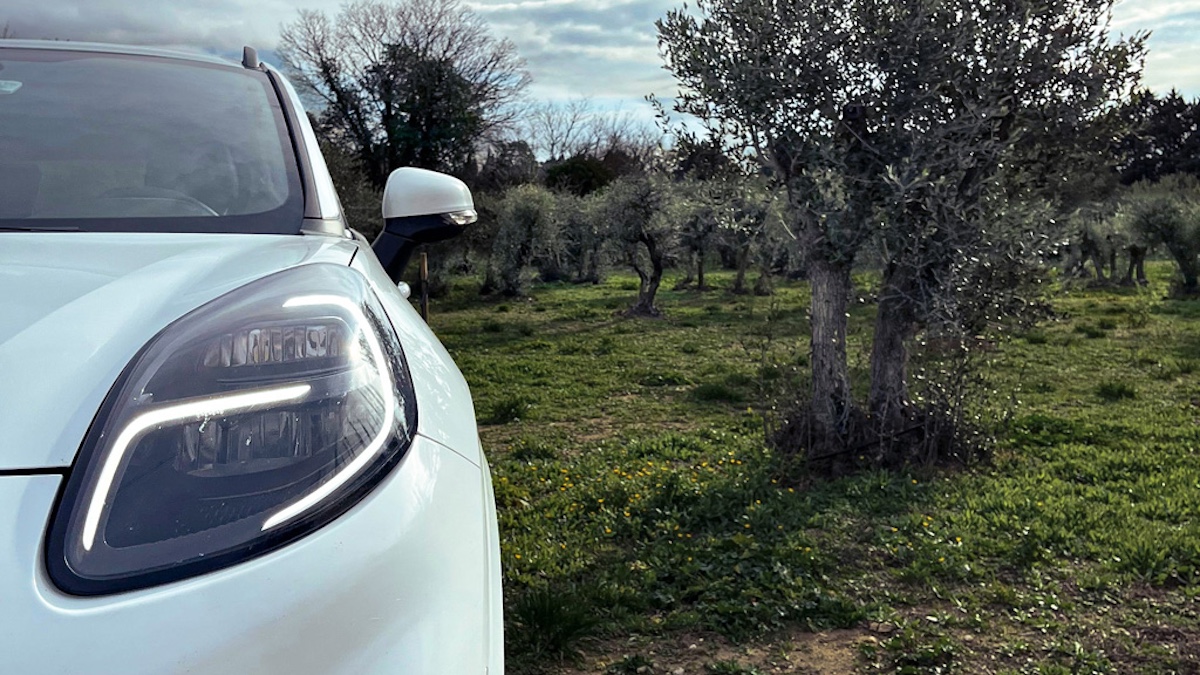Olive trees produce a fruit consumed around the world in the form of snacks, oil and in many other ways.
The olive harvest, however, generates high quantities of plant waste which is often disposed of through combustion. Ford has started the COMPOlive project, an experiment that aims to support a circular economy in this sector, using waste to create biocomposite materials instead of plastic.
The use of tree waste of olive trees to make automotive components can reduce the use of plastic and contribute to the reduction of local pollution, avoiding the combustion used for waste disposal. Ford engineers have created prototypes of items such as footrests and trunk parts using this new manufacturing process, and tests have shown that these components boast strength and durability characteristics in line with those of traditional materials. Ford is now evaluating the applicability of the process on an industrial scale, which could potentially be implemented for the creation of new generations of electric vehicles.
For testing, waste materials were obtained from olive groves in Andalusia, Spain, the region with the highest olive oil production in the world. Initially, engineers at Ford’s research center in Cologne, Germany, used intelligent simulation technology to virtually test the materials for strength, durability and moldability. They were, therefore, able to proceed with the production of prototypes. Made from 40% fiber and 60% recycled polypropylene, the biocomposite material was heated and injection molded into the shape of the selected component.
Together with partners around the world, Ford is achieving significant results against its ambitious environmental sustainability goals. Road to Better is Ford’s commitment to building a more sustainable, inclusive and equitable transportation future, where every person is free to move and pursue their goals.
The COMPOlive project, which ran from 2020 to 2023, had to adapt to the restrictions imposed by the global pandemic. The project partners met in person for the first time only two and a half years into the project.
Subscribe to the newsletter
